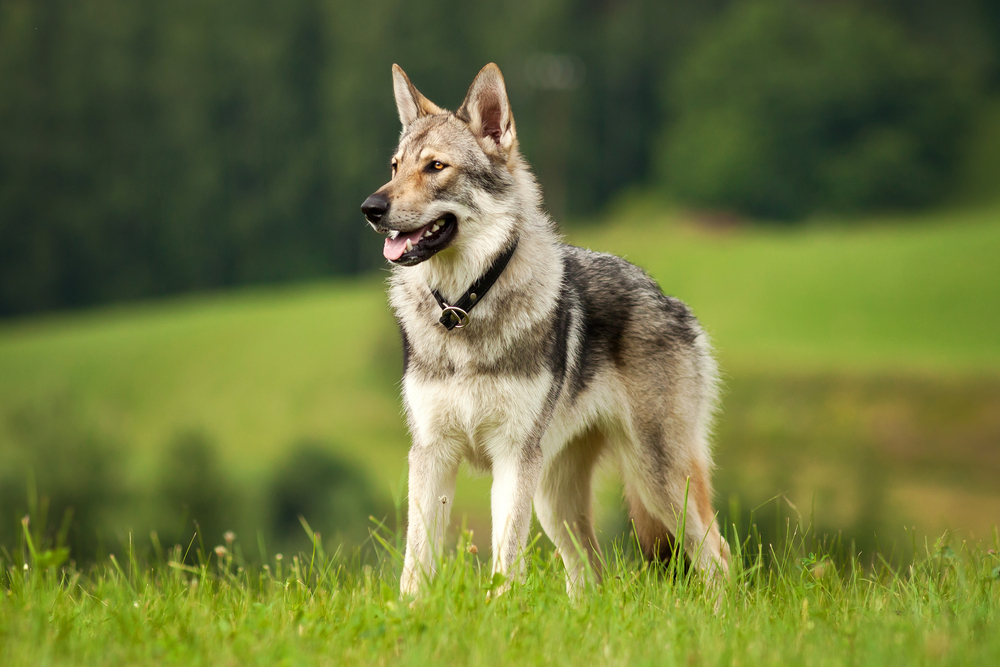How to Solve Common Wolf-Dog Behavior Problems
Wolf-dog hybrids are becoming increasingly popular as pets. But while they may look similar to dogs, they often have very different behavior patterns. This can lead to some challenges for owners who are not prepared for them. In this blog post, we’ll explore some of the most common wolf-dog behavior problems and offer some solutions for dealing with them.
- Chewing and Destructive Behavior
One of the most common problems with wolf-dogs is their chewing and destructive behavior. This is often due to boredom or anxiety. To solve this problem, it’s important to provide your wolf-dog with plenty of chew toys and bones to keep them occupied. You should also make sure they have plenty of space to run and exercise. A tired dog is a good dog! - Separation Anxiety
Another common issue is separation anxiety. Wolf-dogs are social creatures and do not like being left alone for long periods of time. This can lead to destructive behavior, howling, and even escaping their enclosure. The best way to deal with this problem is to slowly get your wolf-dog used to being away from you. Start by leaving them alone for short periods of time (5-10 minutes) and gradually increase the amount of time as they get more comfortable with it. You may also want to consider getting another dog for company if you’re gone for long periods of time. - Aggression Towards Other Animals
Wolf-dogs are naturally predatory animals and may show aggression towards other pets in the home, particularly small mammals like rodents or rabbits. If you have another pet in the home, it’s important to introduce them slowly and carefully. Supervise all interactions between the two animals until you’re sure that there won’t be any problems. You should consult a professional trainer or behaviorist if you’re having difficulty managing your wolf-dog’s aggression issues.
Conclusion:
Wolf-dogs can make wonderful pets but it’s important to be aware of their unique behavioral quirks before you adopt one. By being prepared for common issues like chewing, separation anxiety, and aggression, you can set yourself up for success in owning a wolf-dog hybrid pet!
